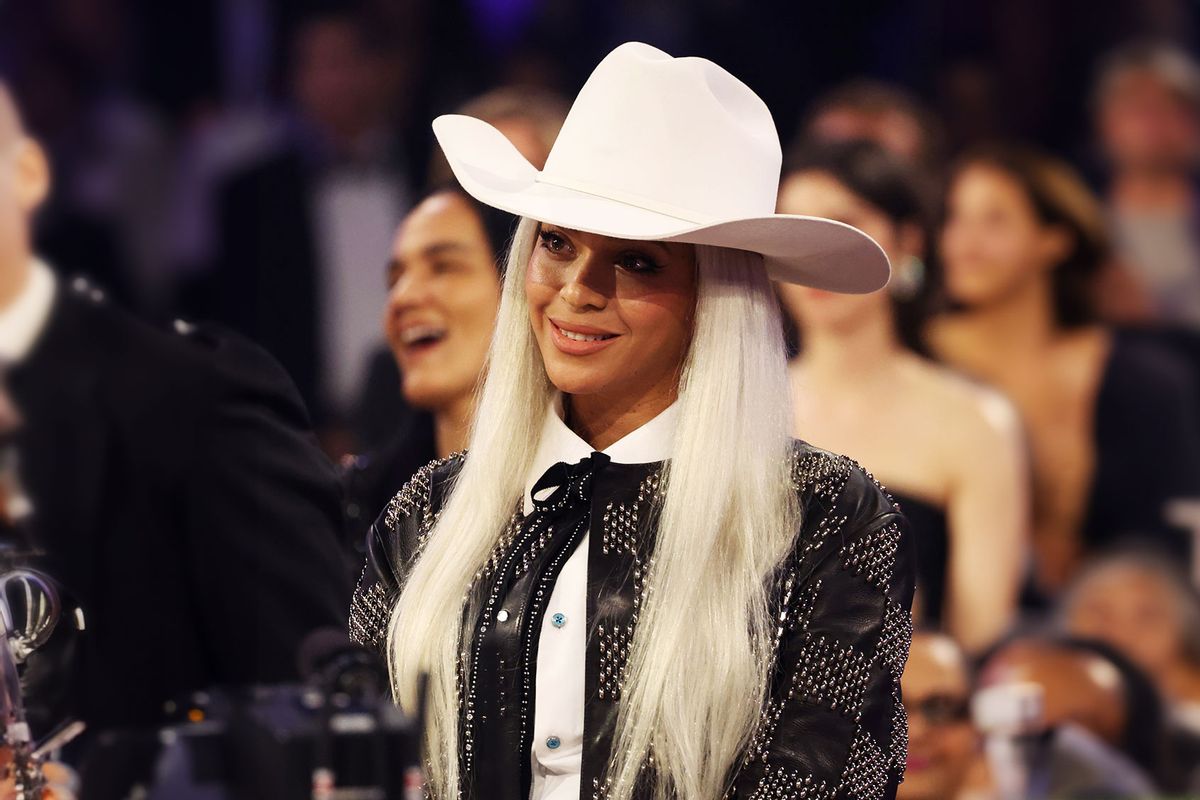 In a dramatic clash that has rocked the music industry, legendary country musician Hank Williams Jr. has fiercely criticized Beyoncé’s recent foray into country music. His biting comment, “Fine her for impersonating a country artist,” has ignited a heated debate among fans and musicians alike.
In a dramatic clash that has rocked the music industry, legendary country musician Hank Williams Jr. has fiercely criticized Beyoncé’s recent foray into country music. His biting comment, “Fine her for impersonating a country artist,” has ignited a heated debate among fans and musicians alike.The Controversy Unfolds
Beyoncé, globally renowned for her powerful vocals and dominance in pop and R&B, recently surprised the music world by releasing a set of country songs. The genre crossover was met with mixed reactions. While some praised her versatility and bravery in exploring new musical territories, others questioned the authenticity of her venture into country music.
Among the critics, Hank Williams Jr., a stalwart of country music with deep roots in the genre, voiced his disapproval most vocally. Known for his outspoken personality and dedication to traditional country sounds, Williams Jr. did not hold back in his critique. “Fine her for impersonating a country artist,” he declared, arguing that Beyoncé’s music lacks the genuine essence of country.
A Clash of Perspectives
This confrontation highlights the ongoing debate about genre boundaries and authenticity in music. Williams Jr.’s statement reflects a purist perspective, one that values the traditional elements and storytelling unique to country music. To him and many others who share his view, Beyoncé’s attempt to blend her style with country feels inauthentic and commercialized.
Conversely, supporters of Beyoncé argue that music is an ever-evolving art form, and artists should be free to experiment with different genres. They point out that Beyoncé has previously shown her ability to adapt and excel across various musical styles, and her country songs are another testament to her artistic range.
Industry Reactions
The music industry is divided over this controversy. Some artists and industry professionals echo Hank Williams Jr.’s sentiments, emphasizing the importance of preserving the integrity of country music. They worry that high-profile crossovers from artists like Beyoncé might dilute the genre’s core identity.
Others, however, celebrate Beyoncé’s bold move, viewing it as a way to introduce country music to a broader audience. They argue that such crossovers can infuse new life and creativity into the genre, attracting listeners who might not have previously engaged with country music.
The Broader Implications
This debate touches on broader themes of authenticity, artistic freedom, and the evolution of music genres. It raises questions about what defines a genre and who gets to decide its boundaries. As artists continue to experiment and audiences become more eclectic in their tastes, the lines between genres are increasingly blurred.
For Beyoncé, the controversy is likely to be just another chapter in her illustrious career. Her ability to generate conversation and push musical boundaries is a testament to her influence and creativity. Whether her country songs will gain acceptance within the country music community remains to be seen, but they have undoubtedly sparked important discussions.
Hank Williams Jr., on the other hand, reaffirms his position as a guardian of traditional country music values. His critique underscores a commitment to maintaining the genre’s distinctiveness in an ever-changing musical landscape.
Moving Forward
As the dust settles, the music world will continue to watch how this clash unfolds. Will Beyoncé’s country venture pave the way for more genre-crossing experiments, or will it be seen as an overreach into a sacred musical domain? Only time will tell.
In the end, this controversy highlights the passionate and diverse opinions that music can evoke. It serves as a reminder that, at its core, music is about expression and connection, even as artists and listeners navigate the complexities of genre and authenticity.

